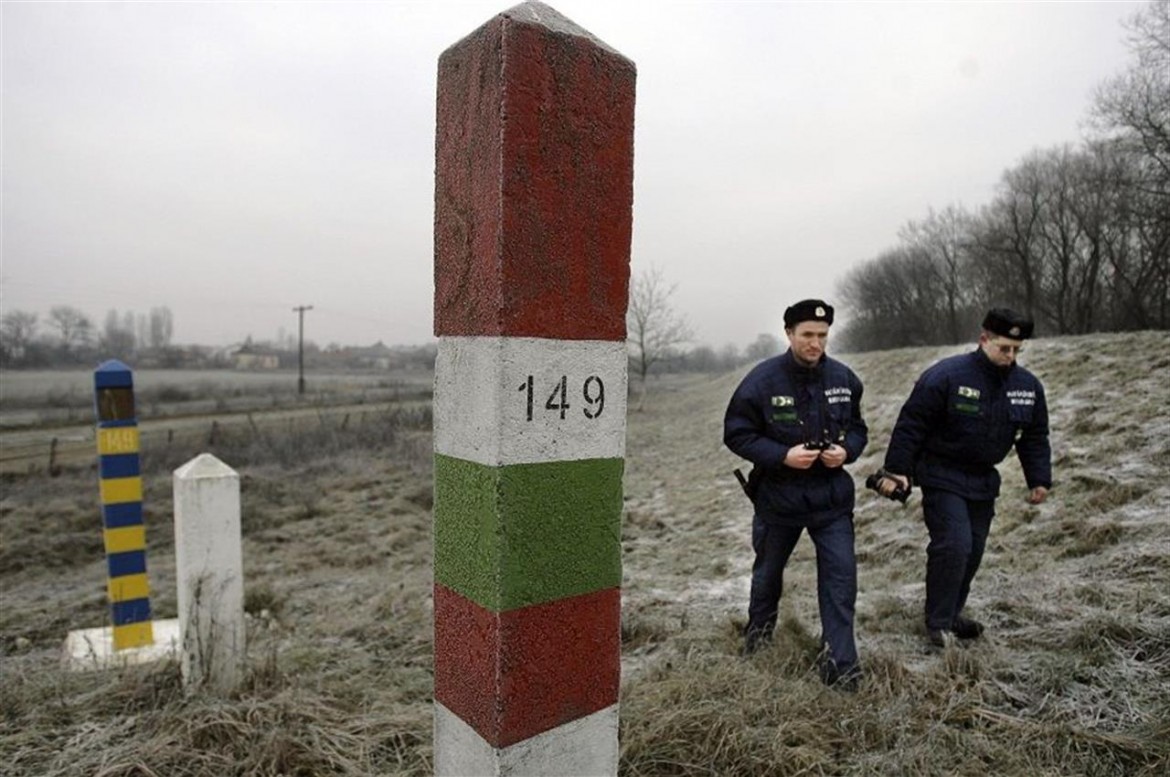Analysis
Hungary-Ukraine clash is an ethnic ‘bomb’ ready to explode
Relations between Budapest and Kiev reached their lowest point last month when the Ukrainian foreign minister called Hungary an ‘aggressor country.’ Orbán’s government accuses Ukraine of waging guerrilla offensives in Transcarpathia.

There is a ticking time bomb ready to explode in Eastern Europe, and the other European countries (as well as the European press) seem eager to remain blissfully unaware. I’m talking about the underground conflict between Viktor Orbán’s Hungary and Petr Poroshenko’s Ukraine. The relations between the two countries suddenly took a turn for the worse in 2017, following the decision by the Kiev government to limit the teaching of the languages belonging to the country’s minorities in state schools.
The initiative was aimed primarily at the ethnic Russian populations in Eastern Ukraine, but ended up also affecting the minorities of the western regions, particularly those ethnically Romanian, Polish and Hungarian.
While the objections from Bucharest and Warsaw have so far been limited to diplomatic channels, relations between Budapest and Kiev have reached the breaking point. This spring, the Hungarian representatives in Brussels said that the country would veto the entry of Ukraine into the EU and NATO until it respects “civil and human rights”: a very striking position coming from a country that is certainly not a standard bearer of civil liberties, much like Ukraine itself.
The dispute over Transcarpathia (a region which is part of Ukraine but inhabited by over 150,000 people of Hungarian origin, incorporated into the Soviet Union at the end of World War II) is transforming more and more every day into an outright clash between two hyper-nationalist and reactionary countries, demonstrating that the only thing really uniting “sovereignisms” is a shared phobia of Europe.
The Hungarian government has also decided to recognize Hungarian citizenship to all Ukrainian citizens of Hungarian ethnic origin who request it. This provision will allow those who apply to become citizens of the European Union the ability to move freely around Europe. In September, following a scandal involving Hungarian passports awarded to Ukrainian citizens at the Hungarian consulate in the city of Berehovo (while Ukrainian law bans double citizenship), Kiev expelled the Hungarian consul in Berehove and declared him “persona non grata,” while Budapest retaliated in kind.
On Oct. 3, Ukrainian Foreign Minister Pavel Klimkin after a fruitless meeting in New York with his Hungarian counterpart Péter Szijjártó, accused Orbán of preparing for the annexation of Transcarpathia and called Budapest an “aggressor country,” words that he had previously reserved for Russia alone. In Kiev, there are fears that a process of balkanization of the country is starting under the aegis of Putin and Orbán. These two suddenly became allies in 2015, after Russia decided to give a 50 percent discount for the Hungarian gas and oil bill; today, they might be planning to catch the Slavic country between them in a vise.
According to political analyst Olga Rykova, “Orbán is saying that Ukraine will not become a member of the EU and NATO because Russia will not allow it. But this is not something he is doing without getting anything in return, given the secret investments that are coming into Hungary from Russian oligarchic circles. And it doesn’t matter what pretexts they give in Budapest: this policy is advantageous for them, just as it is for the Kremlin.”
Kiev could indeed lose the Transcarpathia region in the future, according to Georgy Tuka, deputy head in charge of issues of Ukrainian occupied territories, in an interview with the Ukrainian portal Observer: “Unlike the Crimea and the Donbass, we have not lost Transcarpathia yet, but I totally agree that we are losing it, because there is no central government policy,” Tuka accused.
The Ukrainian side is also accusing the Hungarian Joint Chiefs of Staff of having amassed troops at the border, waiting to find a pretext to intervene and provoke a conflict. Hungary rejects this accusation, instead accusing Ukrainian extreme right-wing nationalists of being involved in guerrilla actions in Transcarpathia using hand grenades and Molotov cocktails.
Originally published at https://ilmanifesto.it/la-bomba-etnica-esplode-a-destra-ucraina-e-ungheria-ai-ferri-corti/ on 2018-11-01
